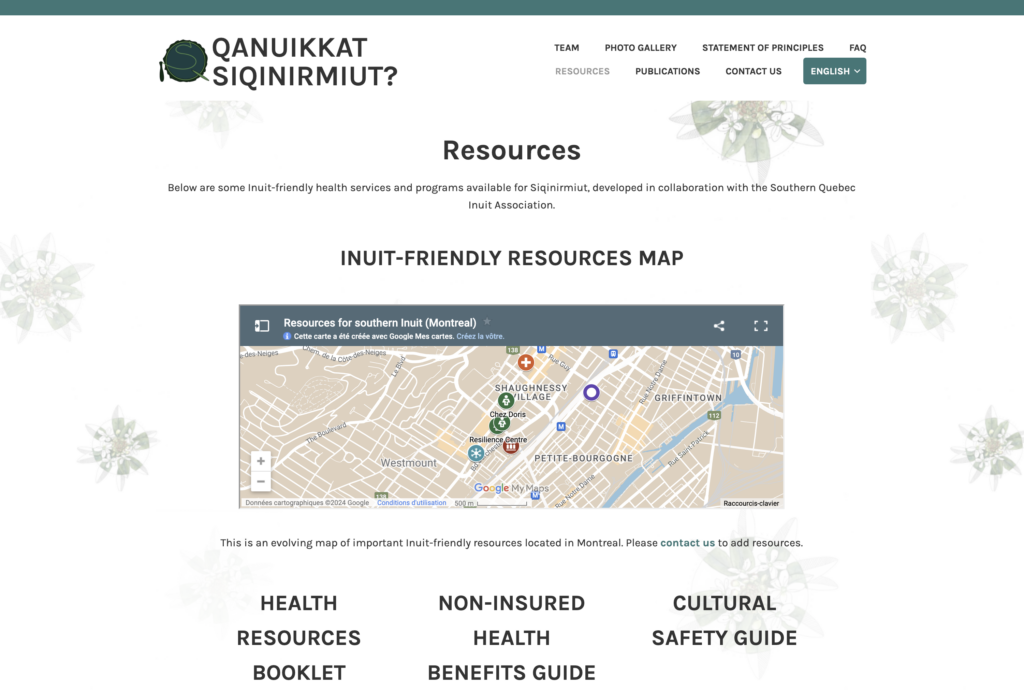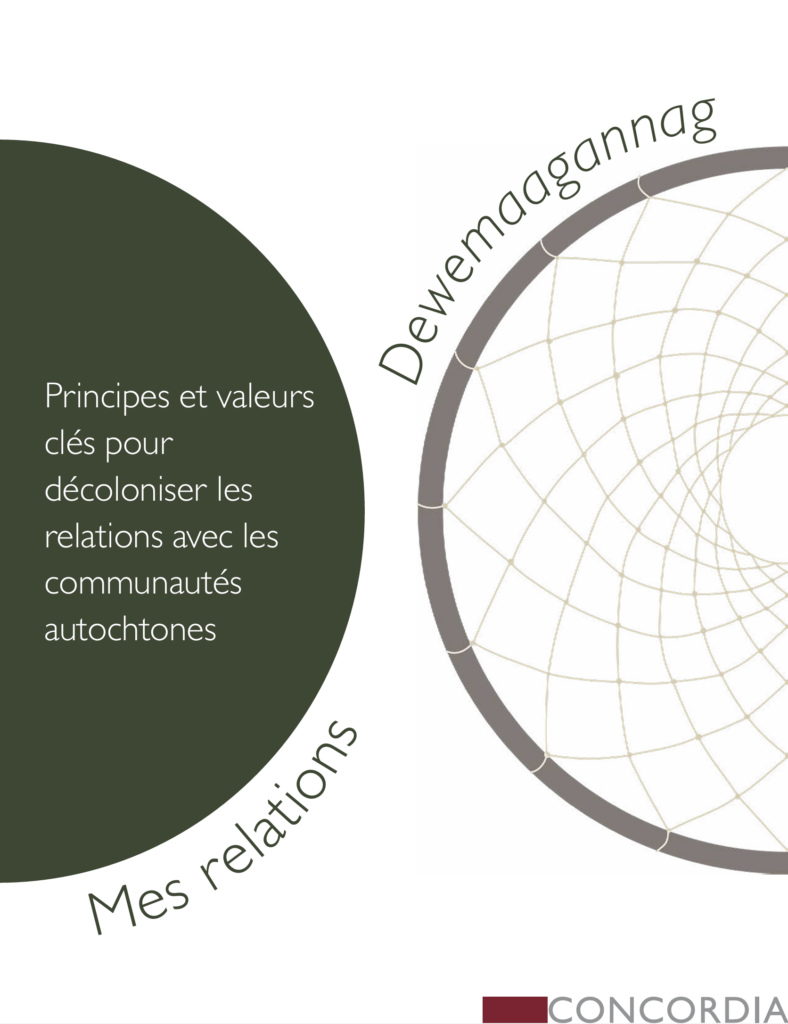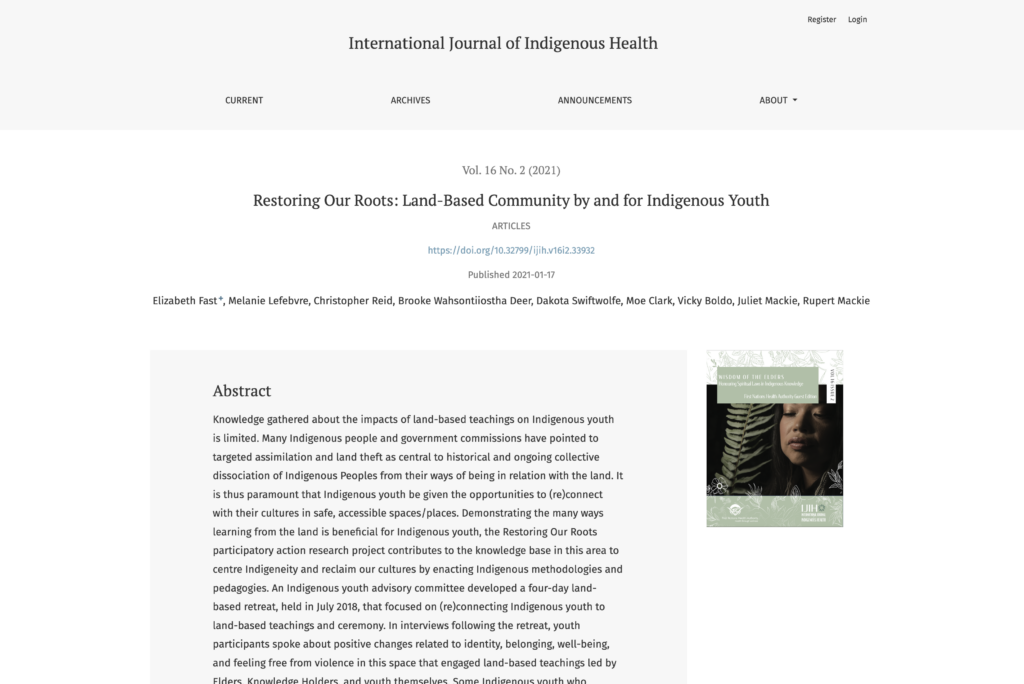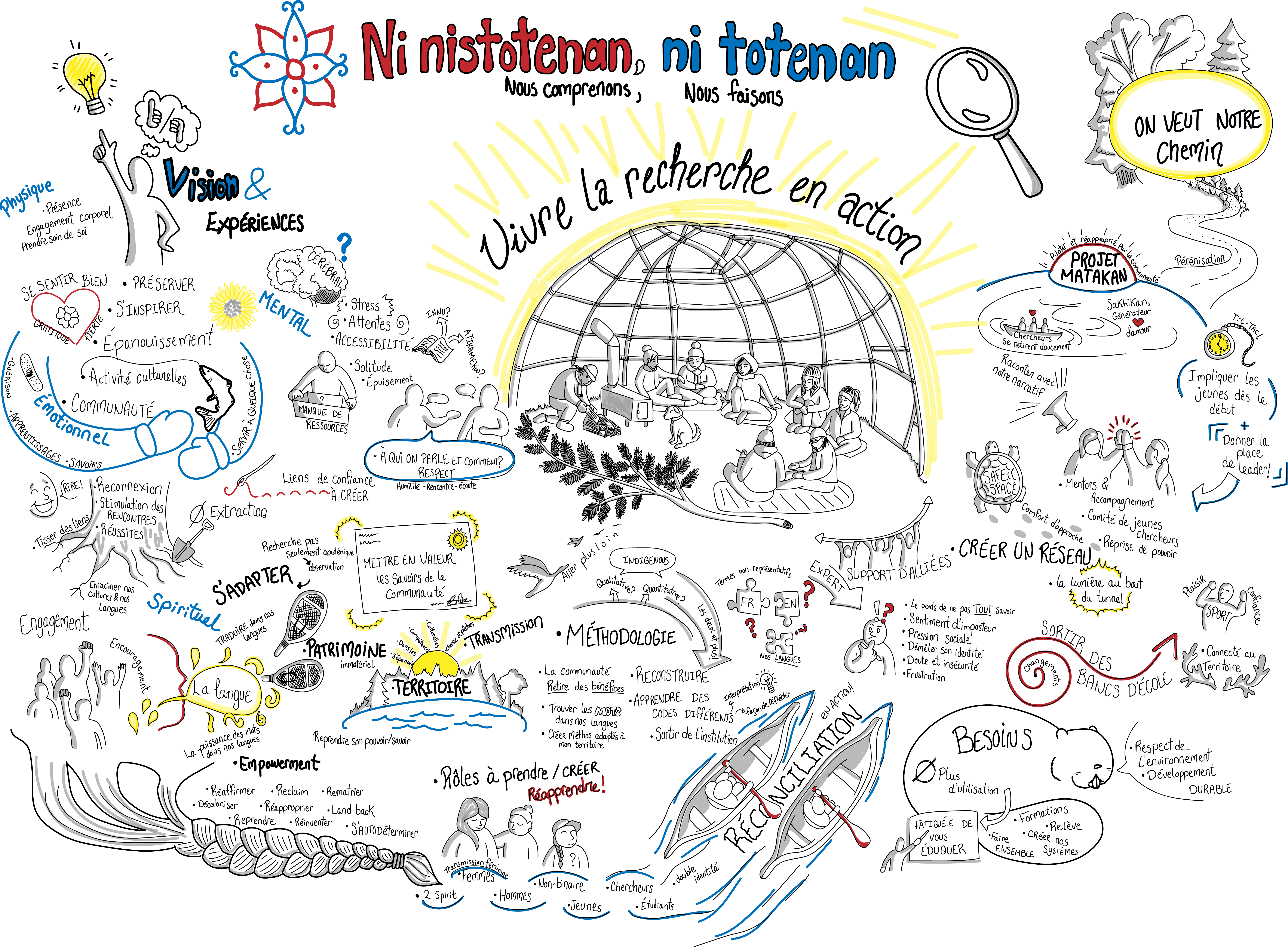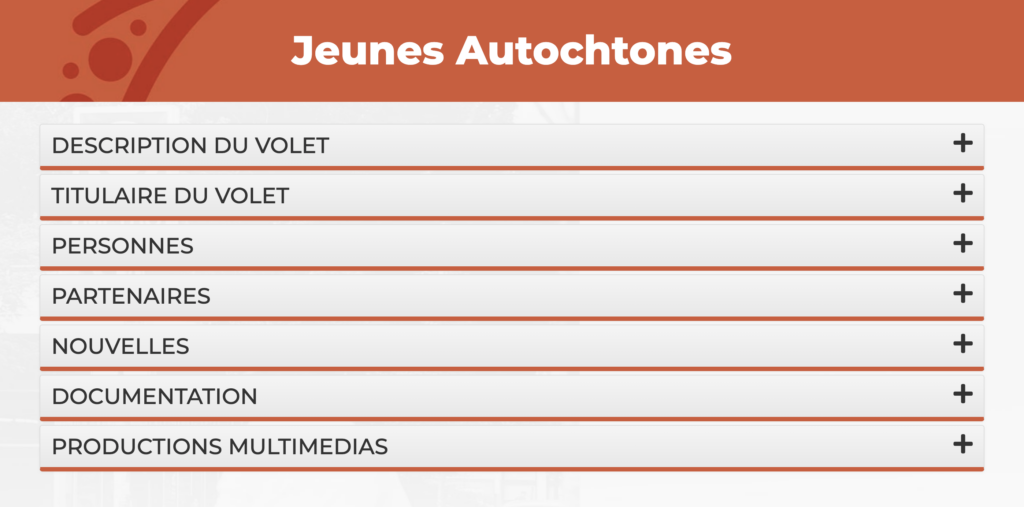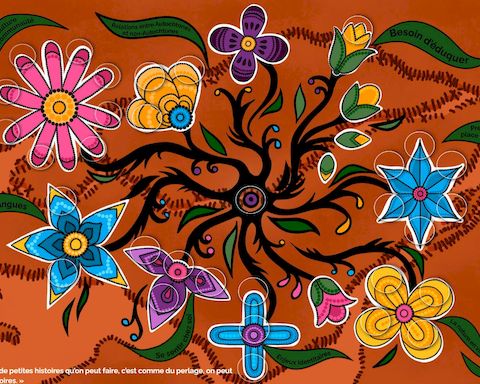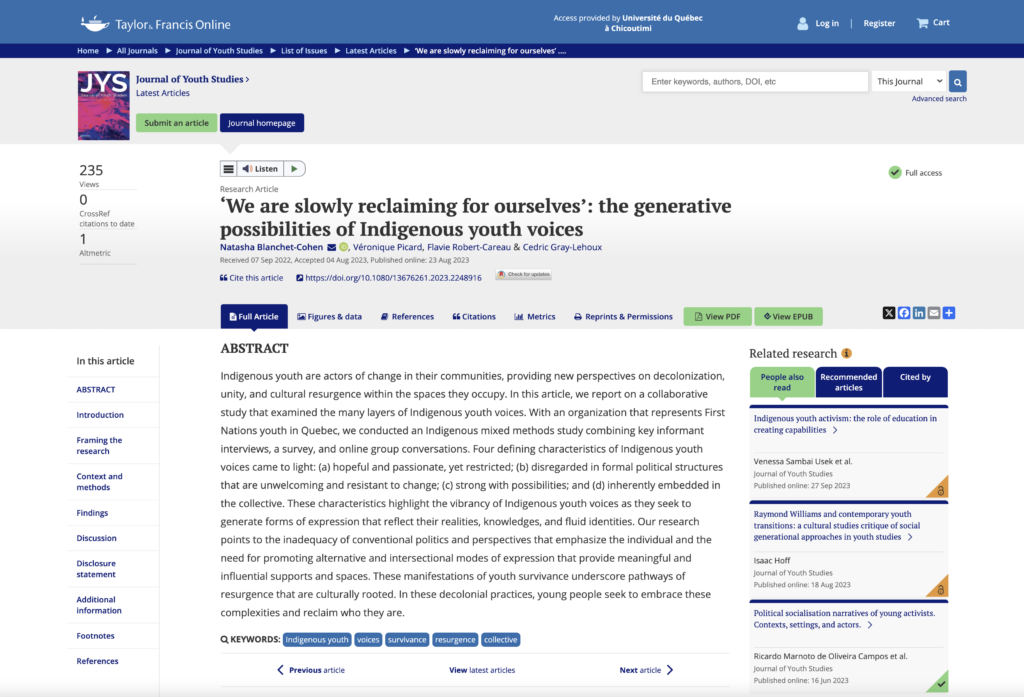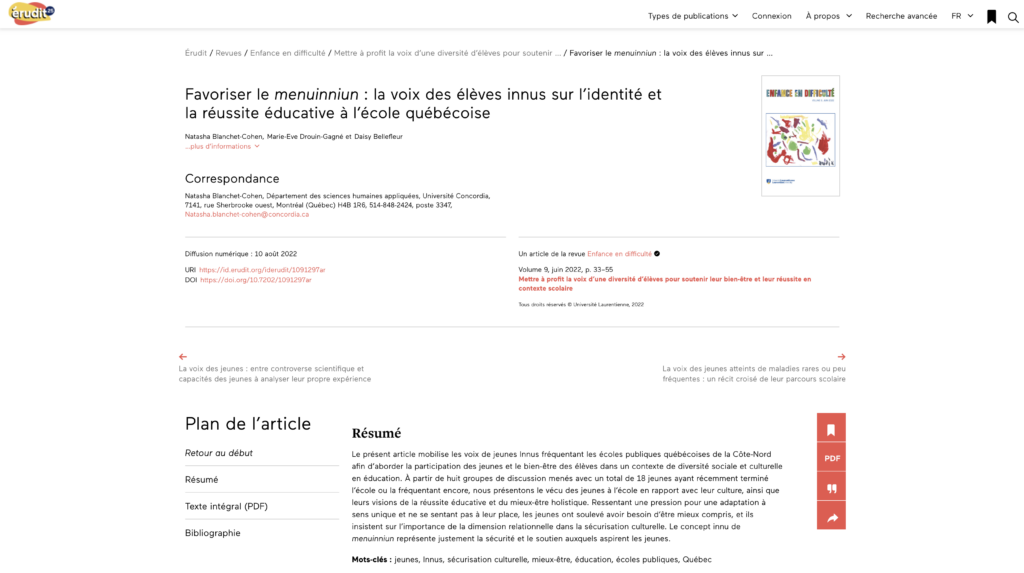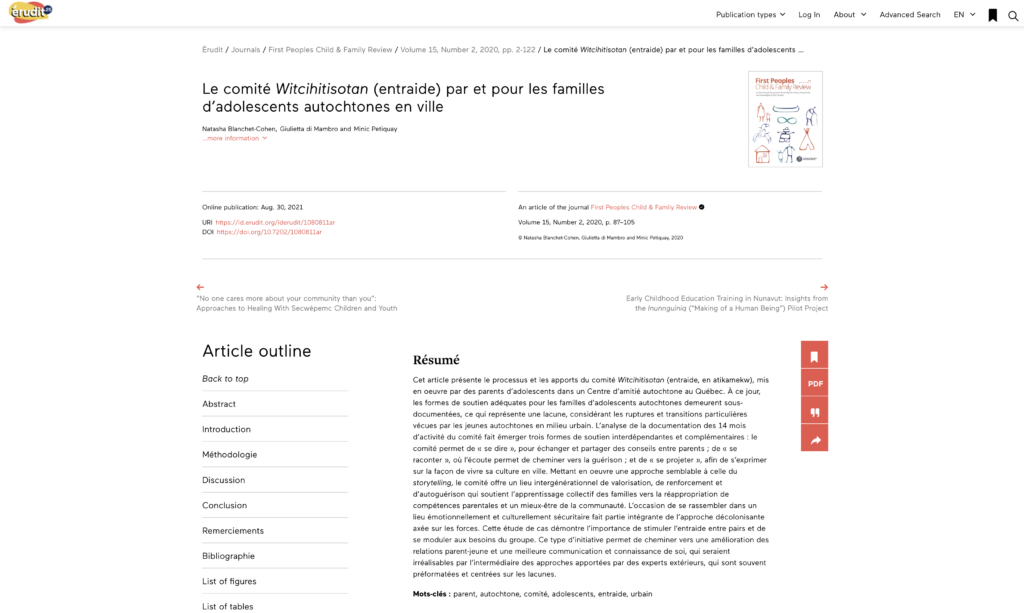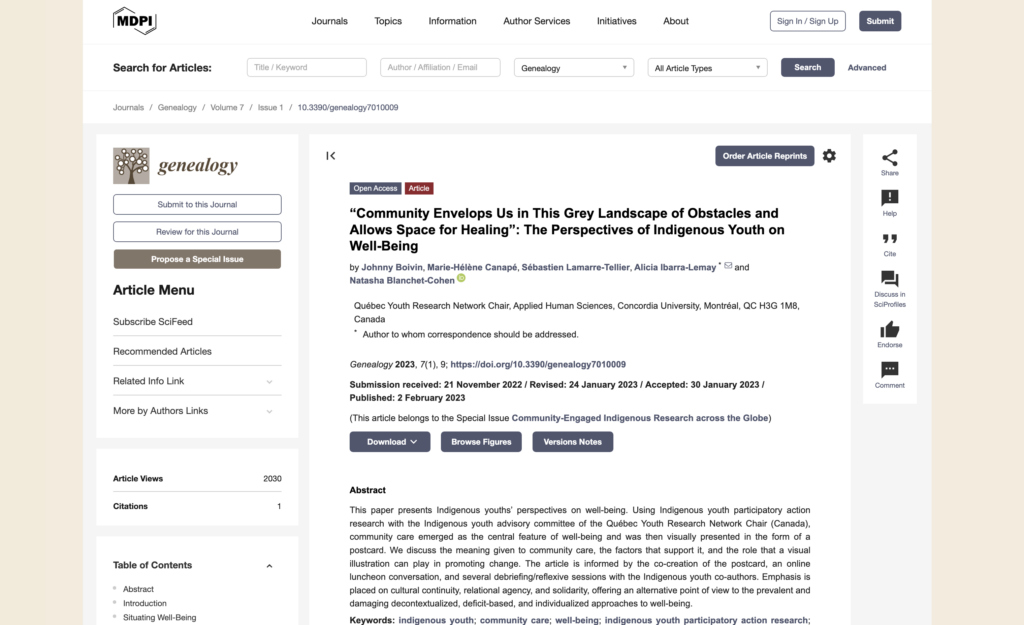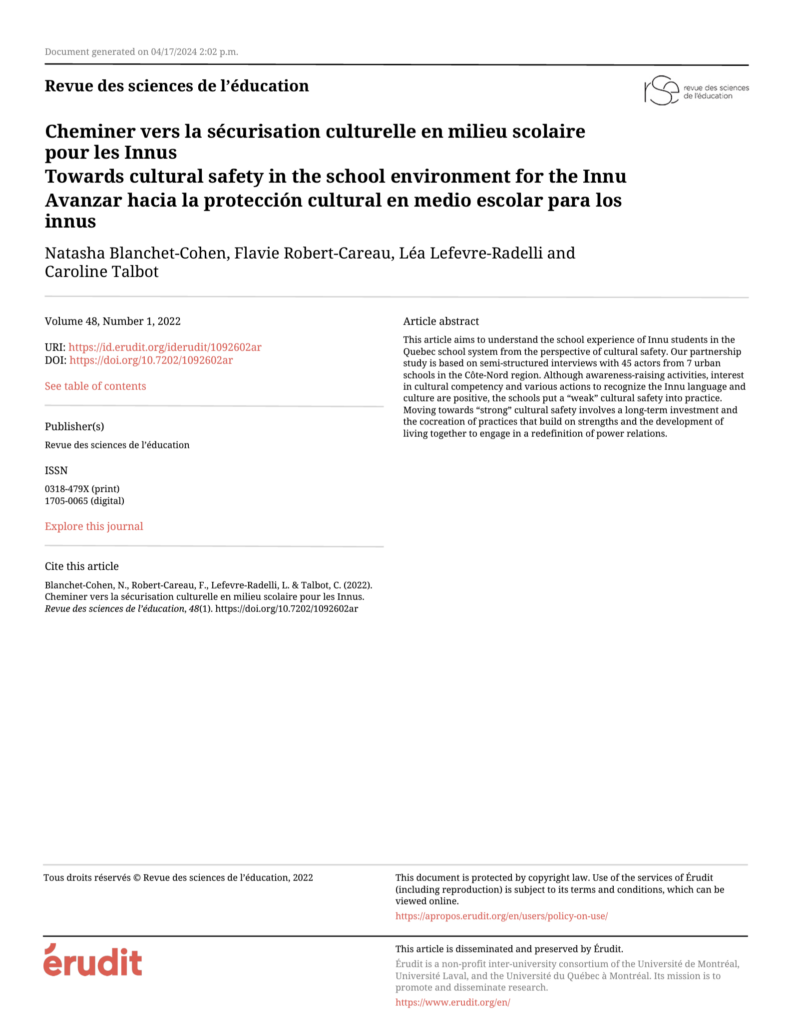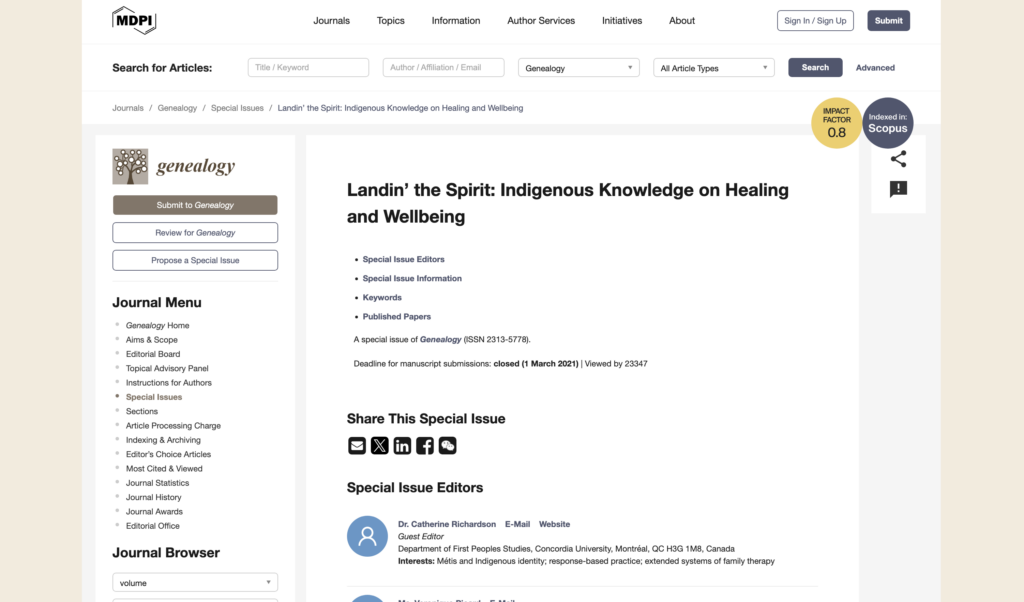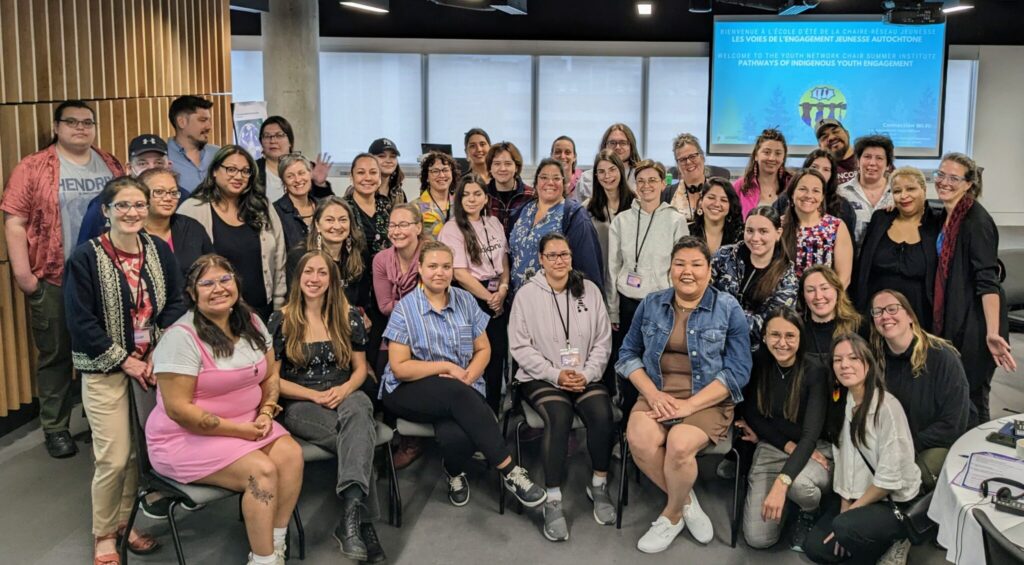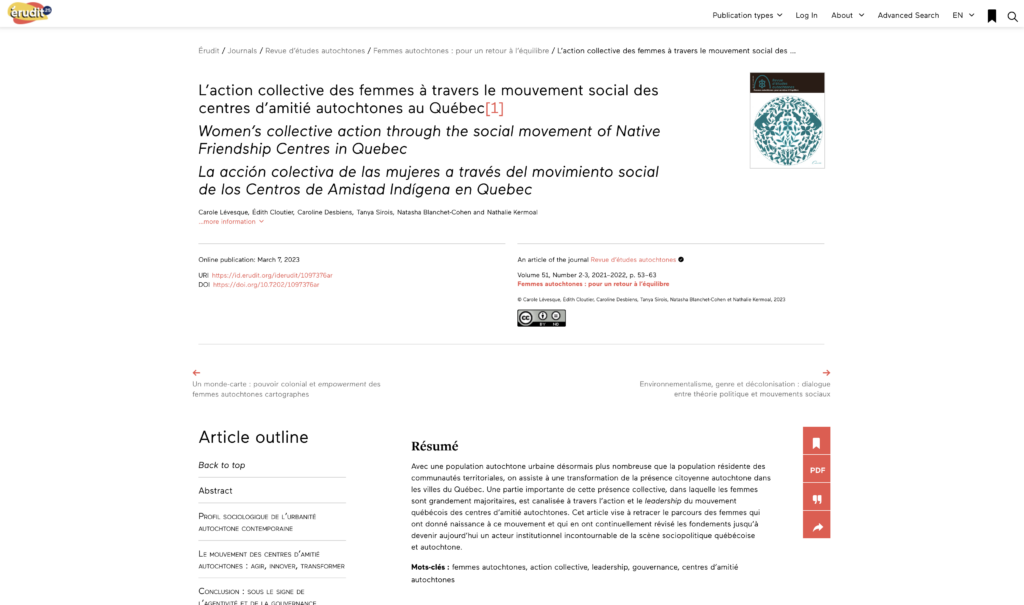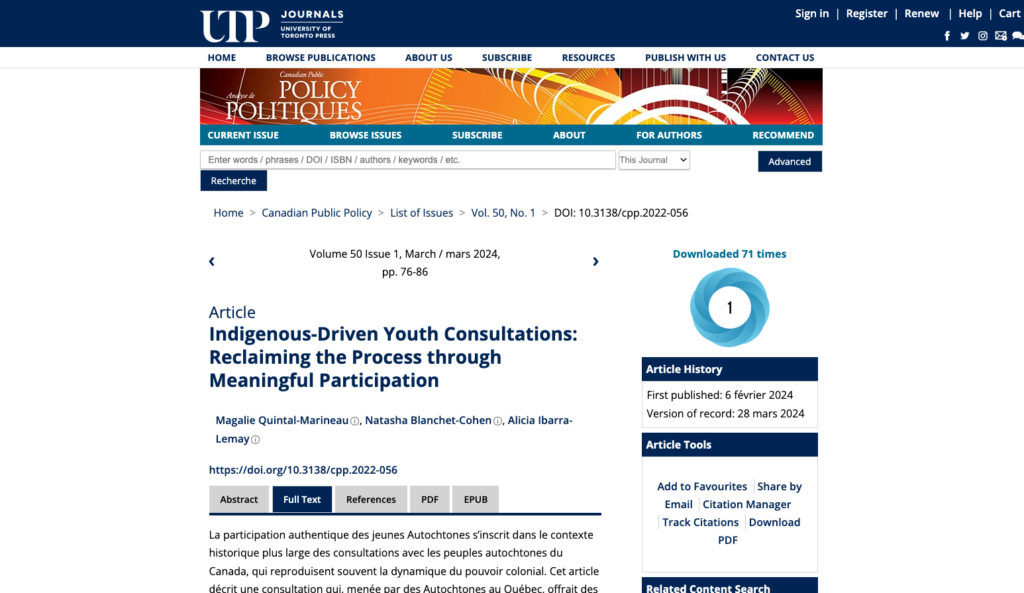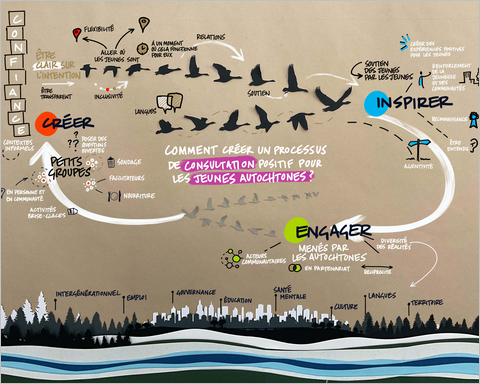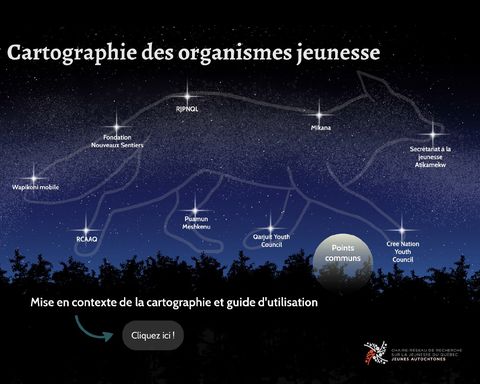Notice bibliographique
Lee, E. O. J., Hamila, A., Koukoui, S., Zoldan, Y., Militzer, R., Chehaitly, S.,… Pullen Sansfaçon, A. (2023). Migration of LGBTQI+ People: Sexual and/or Gender Minority Migrants, Refugees, and Asylum-Seekers. Dans N. J. Murakami et M. Akilova (dir.), Integrative Social Work Practice with Refugees, Asylum Seekers, and Other Forcibly Displaced Persons (p. 405-428). Cham : Springer International Publishing.
Résumé
Violence and persecution faced by people with nonnormative sexualities and genders (Abu-Assab N, Nasser-Eddin N, Greatrick A, Conceptualising sexualities in the MENA region: undoing LGBTQI Categories: implications for rights based advocacy approaches. Centre for Transnational Development and Collaboration, London, 2017) have resulted in the forced migration of lesbian, gay, bisexual, trans, queer, and intersex (LGBTQI+) people, particularly from the Global South to the Global North. This chapter provides a brief historical overview of the relationship between colonial regimes and the criminalization of nonnormative sexualities and genders, particularly within the Global South, as well as the emergence of the legal recognition of LGBTQI+ migrants in Canada and the United States, with a particular focus on sexual orientation, gender identity and expression (SOGIE)-based refugee claims. There will be an exploration of post-migration policy challenges and structural barriers faced by sexual and gender minority (SGM) migrants, with a focus on asylum-seekers. This chapter also explores both micro- and macrofactors that shape pre- and post-forced migration experiences of SGM migrants, including initial reflections on the impacts of COVID-19. In addition to highlighting key frameworks addressed in the literature regarding practice with LGBTQI+ migrants, an in-depth case study of an LGBTQI+ migrant health clinic will be presented to highlight the ways in which social workers and directly impacted people can contribute to an innovative model of integrated service delivery. Thus, this chapter aims to present approaches, models, knowledge, skills, and strategies to engage in integrative social work practice with LGBTQI+ migrants, including advancing policy change and advocacy strategies.
Hyperlien
https://doi.org/10.1007/978-3-031-12600-0_17Publication du membre
Annie Pullen SansfaçonAppartenance aux volets










